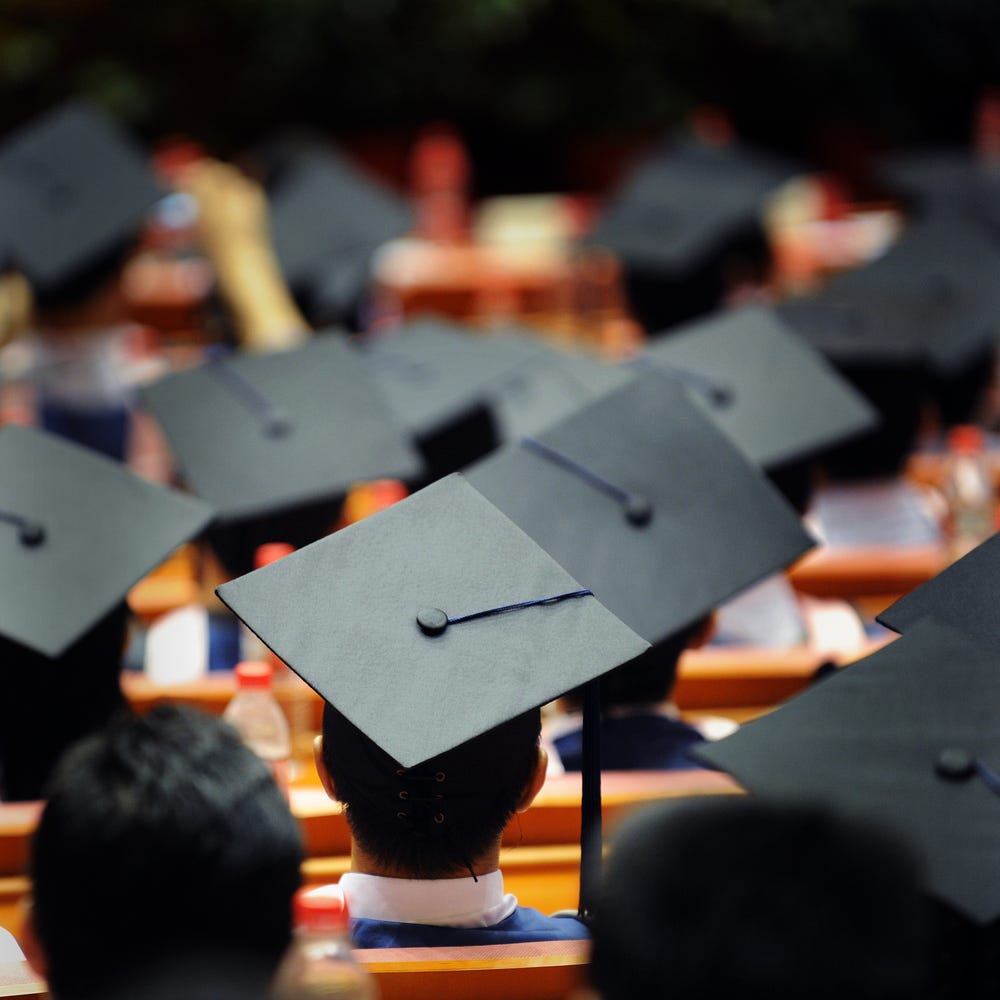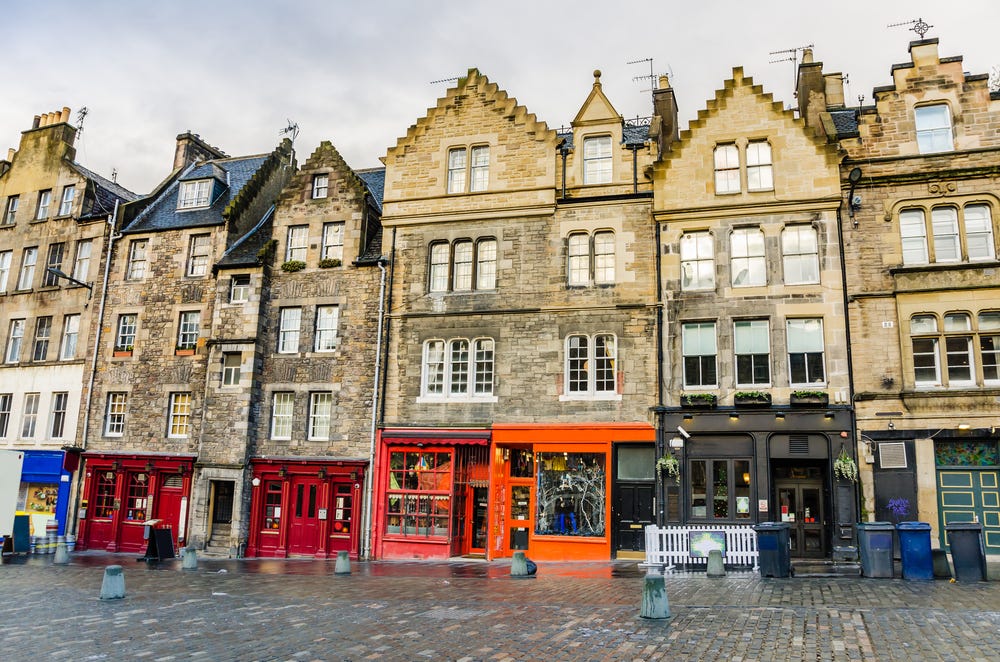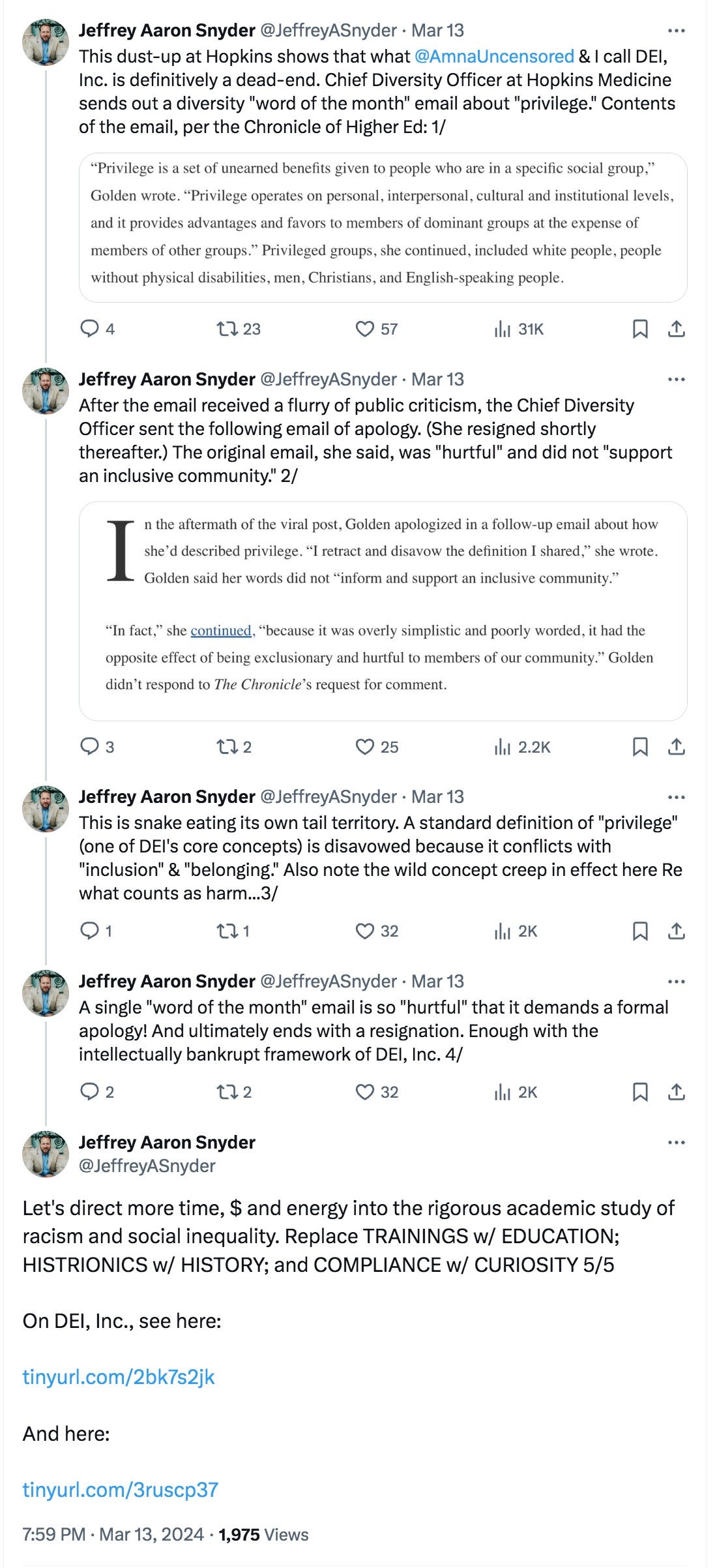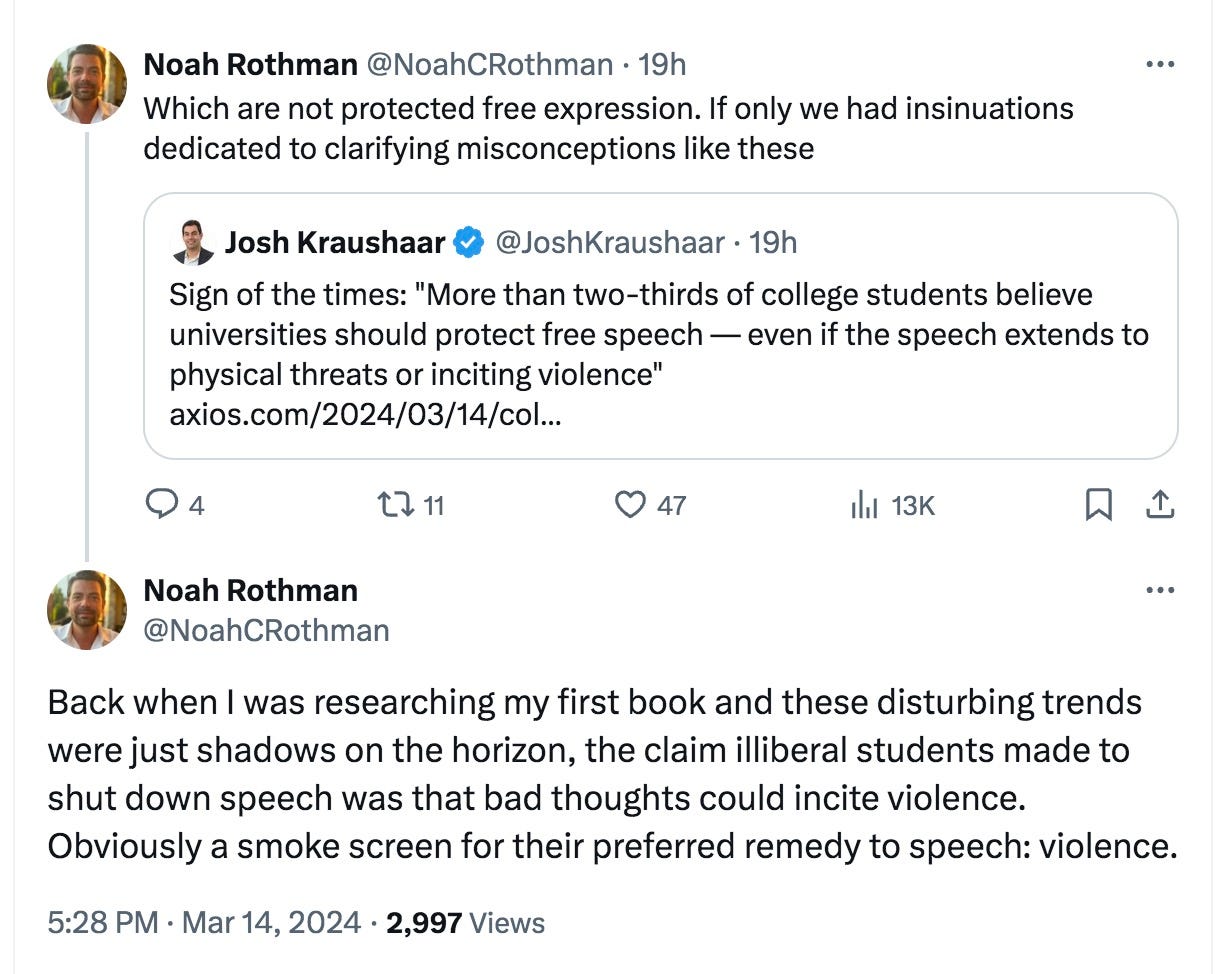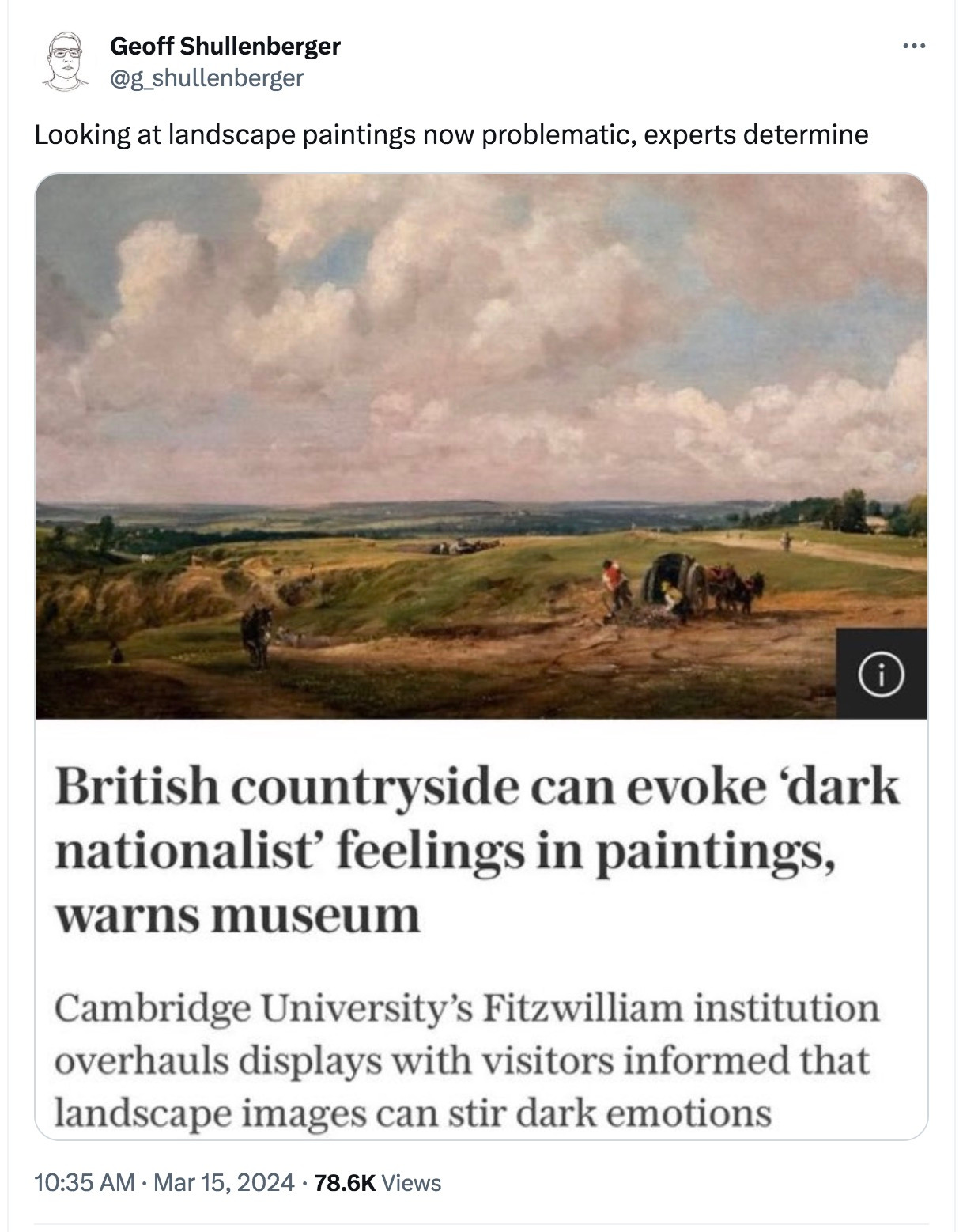E-Pluribus | March 15, 2024
The short-sightedness of colleges; appealing to the lowest common denominator; and woke ideology comes for dentistry.
A round-up of the latest and best musings on the rise of illiberalism in the public discourse:
Pamela Paul: Colleges Are Putting Their Futures at Risk
By elevating politics over learning, many higher education institutions are undermining their own interests, Pamela Paul at the New York Times writes. Colleges and universities have become tools of the activist left in too many cases, Paul argues. While some short-term victories may be won, in the end, the battle will be lost as the public loses confidence in the primary mission of education.
[T]here have long been attempts at political interference in academia, with a distrust of elitism smoldering beneath the widespread disdain for the ivory tower. But in the past few years, these sentiments have boiled over into action, with universities jolted by everything from activism by its trustees to congressional investigations to the wresting of control by the state to the threatened withdrawal of government support.
The number of Republicans expressing a great deal or quite a lot of confidence in universities plummeted to 19 percent last year, from 56 percent in 2015, according to Gallup polls, apparently due largely to a belief that universities were too liberal and were pushing a political agenda, a 2017 poll found. But it could get much worse.
[. . .]
[M]any universities have aligned themselves politically with their most activist students. “Top universities depend on billions of dollars of public funding, in the form of research grants and loan assistance,” The Economist editorialized last week. “The steady leftward drift of their administrations has imperiled this.”
One of the starkest examples of this politicization is the raft of position statements coming from university leadership. These public statements, and the fiery battles and protests behind them, take sides on what are broadly considered to be the nation’s most sensitive and polarized subjects, whether it’s the Dobbs ruling or DACA for young immigrants, the Israel-Hamas war or Black Lives Matter.
At last month’s conference, Diego Zambrano, a professor at Stanford Law School, made the downsides of such statements clear. What, he asked, are the benefits of a university taking a position? If it’s to make the students feel good, he said, those feelings are fleeting, and perhaps not even the university’s job. If it’s to change the outcome of political events, even the most self-regarding institutions don’t imagine they will have any impact on a war halfway across the planet. The benefits, he argued, were nonexistent.
As for the cons, Zambrano continued, issuing statements tends to fuel the most intemperate speech while chilling moderate and dissenting voices. In a world constantly riled up over politics, the task of formally opining on issues would be endless. Moreover, such statements force a university to simplify complex issues. They ask university administrators, who are not hired for their moral compasses, to address in a single email thorny subjects that scholars at their own institutions spend years studying. (Some university presidents, such as Michael Schill of Northwestern, have rightly balked.) Inevitably, staking any position weakens the public’s perception of the university as independent.
Read the whole thing.
Theodore Dalrymple: Vulgarity as Virtue
A recent visit to Edinburgh, England, has Theodore Dalrymple at City Journal discouraged. There have always been those who seem hell-bent on debasing the culture, but rather than being considered radicals and outsiders, too often the current political climate promotes those who engage in such behavior as the wave of the future.
I went on my recent [Edinburgh] trip to a secondhand bookshop that I had known from years ago, but loud rock music pulsing through it soon drove me out. Was this a case of market failure, or have the habitués of these shops changed such that they now cannot browse without the accompaniment of gross aural stimulation? The shop had a basement, and I thought to get away from the music there: but no, the owner had placed loudspeakers high up in the basement corners, so no escape was possible. It reminded me of North Korea, except that the inescapable was loud music, not political propaganda. It is increasingly difficult in commercial establishments to avoid amplified popular music; I had hoped that a used-book shop might be a last bastion of silence, but I was disabused. I had heard the future, and it was noise.
Such compulsory noise is not the only manifestation of modern British culture that has become like the nitrogen and oxygen of the air: so has vulgarity (nothing is specifically Scottish about it). This vulgarity is not a mere absence of refinement, such as has always existed among a section of any public, nor is it a satirical commentary on the overrefinement of a self-appointed cultural elite. On the contrary, it is a conscious, positive ideology: vulgarity as political virtue. It partakes of a false syllogism:
The common people are vulgar.
I am vulgar.
Therefore, I have empathy with, and sympathy for, the common people—the highest form of political virtue.
Only the second of these three statements is unequivocally true, though perhaps the first is increasingly true as ideological vulgarity seeps, or pours, downward. Vulgarity’s great advantage is that it is within the reach of all; no effort is necessary to achieve it. Everyone can be vulgar and therefore politically virtuous.
Such, at any rate, were my reflections as I passed the sandstone building, near the bookshop, of what was once the Salvation Army’s women’s hostel, but whose ground floor was now given over to the Kick Ass Café. The clientele was not proletarian but intellectual, bohemian, and feminist.
The name was of some cultural significance, since “kick ass” is not British, but American, usage. Ass in British usage is arse; to kick someone’s arse in British usage is not the same as to kick ass in American. The usage is vulgar on both sides of the Atlantic, true; but the Edinburgh Kick Ass Café patrons, if surveyed, would almost certainly object—fiercely—to Donald Trump, and not least because of his vulgarity.
“So,” I can hear a good social liberal object, “you would prohibit a café from availing itself of that name?” Social liberalism has become so debased that it thinks that anything not prohibited by the law is permissible in all other senses. Therefore, if I object to the name, I must be calling for its prohibition.
No. What I am commenting upon is a culture in which such a name is not only considered unobjectionable but, on the contrary, is taken as an expression of democratic sentiment and liberation from oppression, and objection to which constitutes reprehensible political reaction.
Read it all.
Georgia Lucas: Dental schools continue to embrace DEI
An industry that is already struggling to attract workers shouldn’t be setting up additional impediments. But Georgia Lucas reports for The College Fix that dental schools are doing just that. Instead of focusing on the most promising students, “diversity, equity, and inclusion” is increasingly the order of the day.
Dental school educators are receiving prizes for their work focused on “diversity, equity, and inclusion” – even as a medical watchdog organization keeps warning against such initiatives.
Two new awards specifically for DEI in dental care were given to educators at the University of Buffalo and University of Colorado dental schools in recent months.
[. . .]
Diversity, equity, and inclusion programs have become common at many dental schools, something the medical watchdog organization Do No Harm began reporting about in 2022.
That year, the American Association of Public Health Dentistry published a report stating dental providers “must center anti-racism” in their work, Laura Morgan from Do No Harm told The Fix in a recent email.
“More recently, we have seen where the West Virginia University Health Sciences division’s website promotes the DEI tenet of ‘health equity,’” Morgan said. “And, in Louisiana, the State Board of Dentistry is required to fill an at-large seat with a candidate who is selected ‘from a list of three black dentists certified by the board secretary to the governor.’”
The American Dental Association also promoted diversity initiatives in an October article, stating “dental schools are more diverse than they have ever been, but there is still work to do before the dental workforce reflects the diversity of the overall U.S. population.”
[. . .]
Morgan with Do No Harm told The Fix dental professionals who are members of their organization are concerned about these DEI efforts.
“Identity politics contribute nothing to the provision of safe, competent dental care,” Morgan said.
Meanwhile, the U.S. has a shortage of dentists and dental hygienists. A November report by Kaiser Family Foundation estimated the dental health professional shortage is about 12,757.
“The dental profession is experiencing the same issues with provider shortages that the medical and nursing professions are experiencing; and, unfortunately, the same ideologically-driven initiatives,” Morgan said.
Read it all here.
Around Twitter (X)
Via Noam Blum, a case of a DEI friendly-fire casualty:
Noah Rothman comments on the sorry state of First Amendment literacy:
And finally, forget the malign influence of the “dark web.” Landscape paintings are the real villains.




